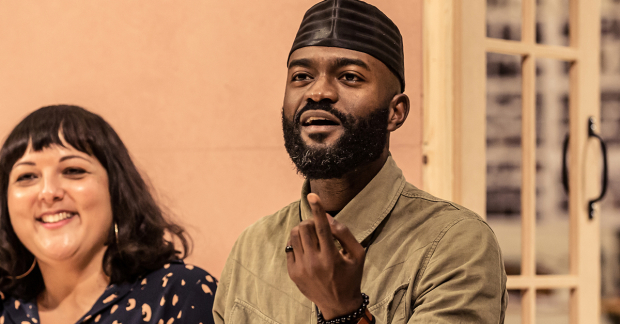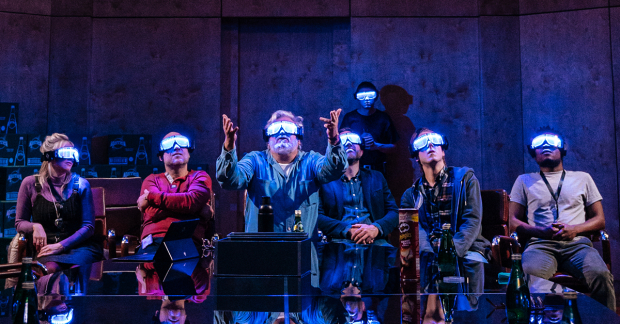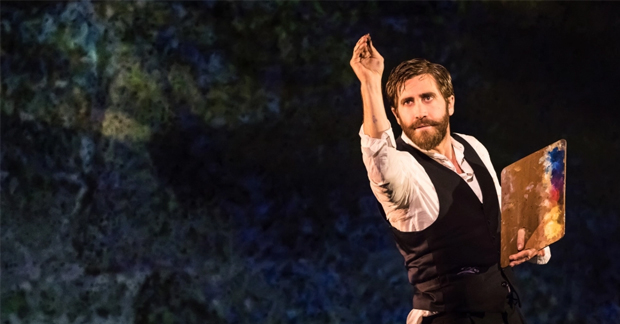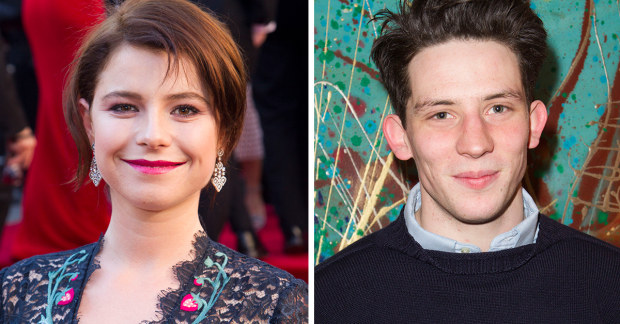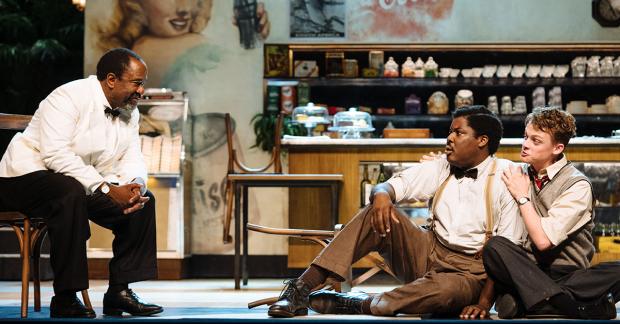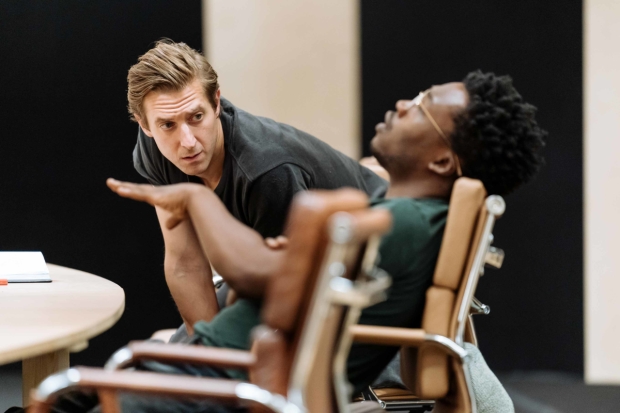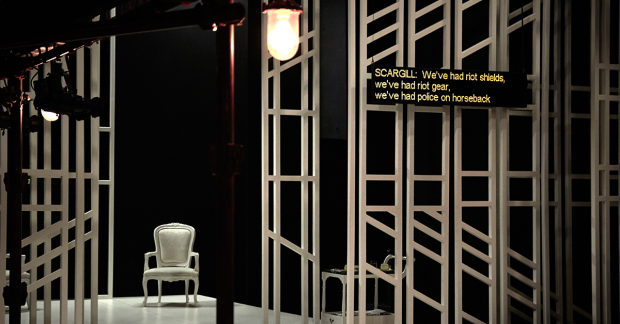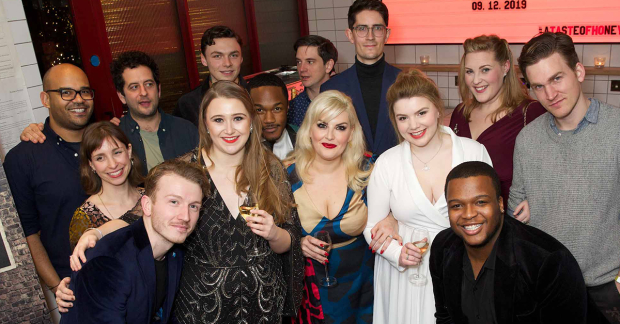Review: Three Sisters (National Theatre)
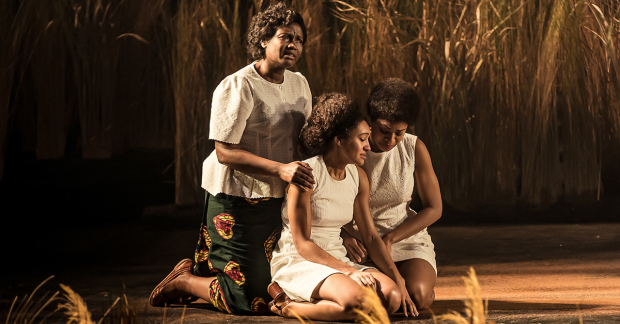
© The Other Richard
It's a long way from Moscow to Lagos, but that's the distance travelled by this transposition of Chekhov's Russian masterpiece to the setting of the Biafran war of the late 1960s.
Written by Inua Ellams, who enjoyed such success with Barber Shop Chronicles, the new setting gives the play a freshness and punch that makes its humane complications and disappointments live and breathe in new air, to the vocal delight of the audience, many of whom seemed to be encountering its subtle sadness for the first time. It's brave enough to be funny too; the comedy makes the tragedy weigh all the more heavily when it arrives.
It's true that sometimes the exposition needed to explain the Nigerian civil war weighs it down, adding a layer of political complication and colonial guilt (the British come in for a fair old hammering) to the plot. But this edge of didacticism is more than balanced by the liberation brought to the three sisters themselves, transformed from Olga, Masha and Irina into Lolo, Nne Chukwu and Udo.
They are no longer three bored women, trapped by domesticity and dreaming of escape; they are women living in a war zone, struggling with ideals of independence that are political and social as well as individual. Something is at stake in their struggles and their losses. Lolo is a particular beneficiary of the change, not just a woman shrivelling into spinsterhood but a clear-eyed idealist, whose ability to understand the dangers facing an independent Biafra doesn't protect her from her own fate.
Sarah Niles plays her with a kind of passionate grace, a seeping sense of loss. Natalie Simpson and Racheal Ofori are excellent too; Simpson beautifully charts Nne Chukwu's journey from elegant bitterness through passion released to utter despair; Ofori finds liveliness and hope in the youngest, saddest sister.
But the entire cast shines under Nadia Fall's confident, sweeping direction. The production looks utterly beautiful too. Katrina Lindsay's set of a wide-verandaed house, that literally recedes from view into a screen of hanging ropes as the certainties of life vanish, is magnificently achieved, and her costumes emphasise personality and mark change. Under Peter Mumford's clever, evocative lighting, the actors often look like a painting or a photograph, a glimpse into a life that is under threat from inside and without.
Each character is delicately and carefully fitted into this new setting, whether it is Jude Akuwudike's uncle, a failure at Western medicine because no-one would trust a black doctor but equally unable to master native remedies, or Ken Nwosu's Ikemba, a soldier dreaming of a better future, or Sule Rimi's Onyinyechukwu, not only a foolish husband but a cruel man on the make.
Best of all is Abosede, wife to the sisters' sad-sack, no-good brother Dimgba (Tobi Bamtefa), no longer simply a monstrous social climber but a Yoruba woman not an Igbo, whose ascent to power in the household reflects the victory of Nigeria over Biafra. She's played with sparkling malice by Ronkę Adékoluejo – her ill-treatment of the loyal servant Nma (wonderful Anni Domingo) draws gasps.
All in all, it's a smart and sophisticated rethinking, a production that gives a new patina and different depths to an old favourite, provoking new thoughts and old feelings in a very Chekovian way.



